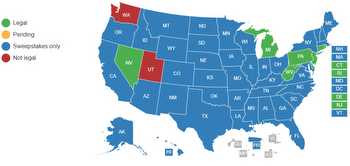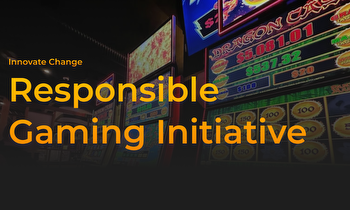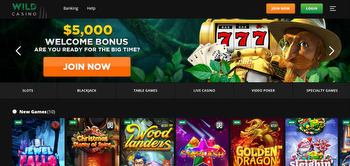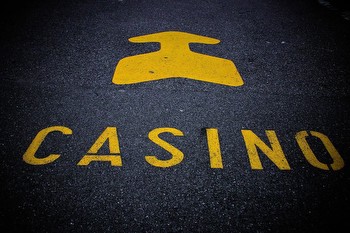Regulation And Safety On New Jersey Online Casino Market
In 1976, New Jersey voters voted for the legalization of casino gambling through a referendum. In 1978, the first legal casino, the Resort Casino Hotel, was opened, and this led to Atlantic City being the hub of gambling through the 1980s and 1990s. To date, Atlantic City is one of the most prestigious casino-related tourist destinations worldwide.
Fast-forward to November 2013, and online gambling is legalized in New Jersey for the next ten years. The state was among the first to take this revolutionary step, and today, the New Jersey online casino market is one of the largest and most lucrative in the United States. In the first four months of 2024 only, the total gambling revenue of New Jersey was $2.06 billion, marking a 14.4% increase in revenue from the same period in 2023.
For the past 10 years, the New Jersey online casino market has thrived. This would not have been possible without the strict regulation of the market, which guarantees the safety of all stakeholders involved. Here is a low down on New Jersey’s online casino regulations.
New Jersey’s Online Casino Market Regulation Landscape
The New Jersey Division of Gaming Enforcement (DGE) provides the framework for online gambling regulation in the state. This body also licenses casino operators and ensures they meet the rigorous standards set for security, fairness, and responsible gaming protocols.
Becoming a Licensed Operator for the New Jersey Online Casino Market
To become a licensed online casino operator in New Jersey, the DGE will carry out background checks, subject the organization to financial stability assessments, and test the software to guarantee the integrity of the platform.
Gaming software will be tested to measure its performance against technical standards and verify that the games operate based on unbiased random number generation. Once a license is granted, the DGE still expects online casino operators to have independent agencies regularly audit and test the games offered to ensure they are fair, operate errorless and that the payout percentages align with the declared RTP. Unsurprisingly, some of the best casinos listed on casinojungle.com are also on New Jersey’s online casino market.
Safety of Patrons on the New Jersey Online Casino Market
For maximum safety of players in the New Jersey online casino market, the regulating body requires operators to adhere to Know Your Customer (KYC) Requirements. This regulation expects online casino operators to have measures in place to verify and authenticate the identity of patrons before they conduct any activity on the platform, such as making a deposit to play. Furthermore, the online platforms must have the best multi-factor authentication practices in place to ensure the security of data shared by patrons and transactions made while engaging on the site.
As the casino market grows and attracts more stakeholders, the New Jersey Division of Gaming Enforcement has made regulatory enhancements to focus more on consumer protection, preventing underage gambling, and combatting the rise of money laundering through online casino platforms.
How to Practice Safe Online Gambling
New Jersey is one of the least restrictive states regarding access and interactions in the online casino market space. While this works in the favor of most punters, it also means that there is leeway for this entertaining and enjoyable pastime to become an addiction and a problem. To ensure safe and responsible gambling habits for yourself, it is important to:
- Set limits: Deciding on the financial and time limit to spend on online casinos ensures a healthy engagement with gambling. All New Jersey online casinos provide players with tools to manage gambling habits. You can set limits on deposits to make daily, weekly, or even monthly, as well as a loss threshold.
- Seek Help: New Jersey online casinos understand the potential risks their services can have on players. This is why, through partnering with various organizations, they offer easy access to resources and helplines to support those who find themselves in problem gambling. These resources include self-assessment tools to help you determine if your online gambling is a problem, self-exclusion options to give yourself a time-out from the online casinos, and educational materials that share knowledge on how to practice responsible gambling.
Online gambling is a fun activity, and the New Jersey online casino market stakeholders are committed to ensuring that it remains just that. The regulation and safety frameworks in place play a critical role in guaranteeing the security and fairness of online casinos in New Jersey and the well-being of players. Since the legalization of online gambling in 2013, New Jersey has been a trailblazer in shaping the market. This is set to continue for the next five years following the bill proposal to extend gambling legalization after the initial 10-year term in 2023.
































